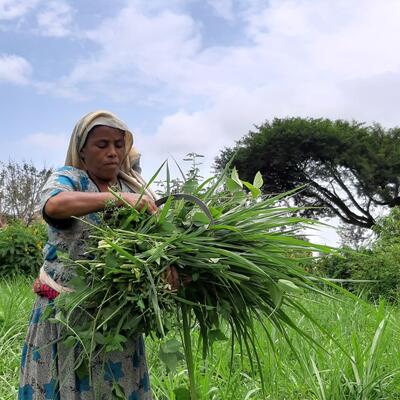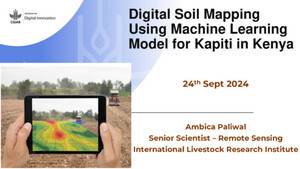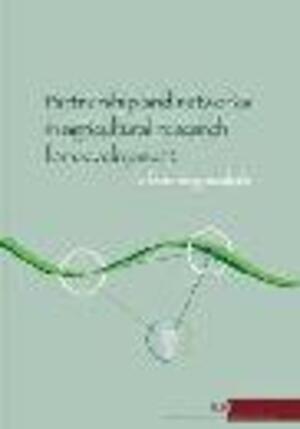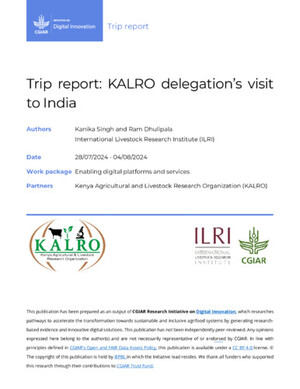
ILRI research project in Ghana is identifying approaches that benefit women in vaccine delivery
The International Livestock Research Institute (ILRI) in collaboration with CowTribe and CARE International is testing innovative approaches to vaccine delivery that benefits women in Ghana.
The ‘Transforming the vaccine delivery system in Ghana: identifying approaches that benefit women’ project tests two innovative approaches for vaccine delivery — one gender accommodative and one gender transformative — by adapting CARE’s Gender Transformative Farmer Field and Business School approach to facilitating women’s sustained involvement in livestock vaccination. Both approaches address the practical barriers to access, as well as the gender-based barriers such as gender norms on decision-making and women’s mobility.
This project is expected to improve livelihoods and gender equality in poor rural households and those in remote communities through increased household income, food security and greater influence of women arising from improved access to animal health services for higher livestock productivity.
The project will also generate knowledge on technical, physical (mobility), and socio-economic factors (access to credit, beliefs, and norms) and how these interplay to affect the adoption of vaccines.
It will also make important contributions to the global discourse on the holistic and quantifiable measurement of women’s empowerment in the agriculture system.
Its work will also increase awareness among vaccine service providers of men’s and women’s distinct roles in the vaccine distribution chains and it will improve their capacities to expand vaccine campaigns.
This project work is currently ongoing and more will be shared in due course.
The Livestock Vaccine Innovation Fund is supported by the Bill & Melinda Gates Foundation (BMGF), Global Affairs Canada (GAC), and Canada’s International Development Research Centre.
















